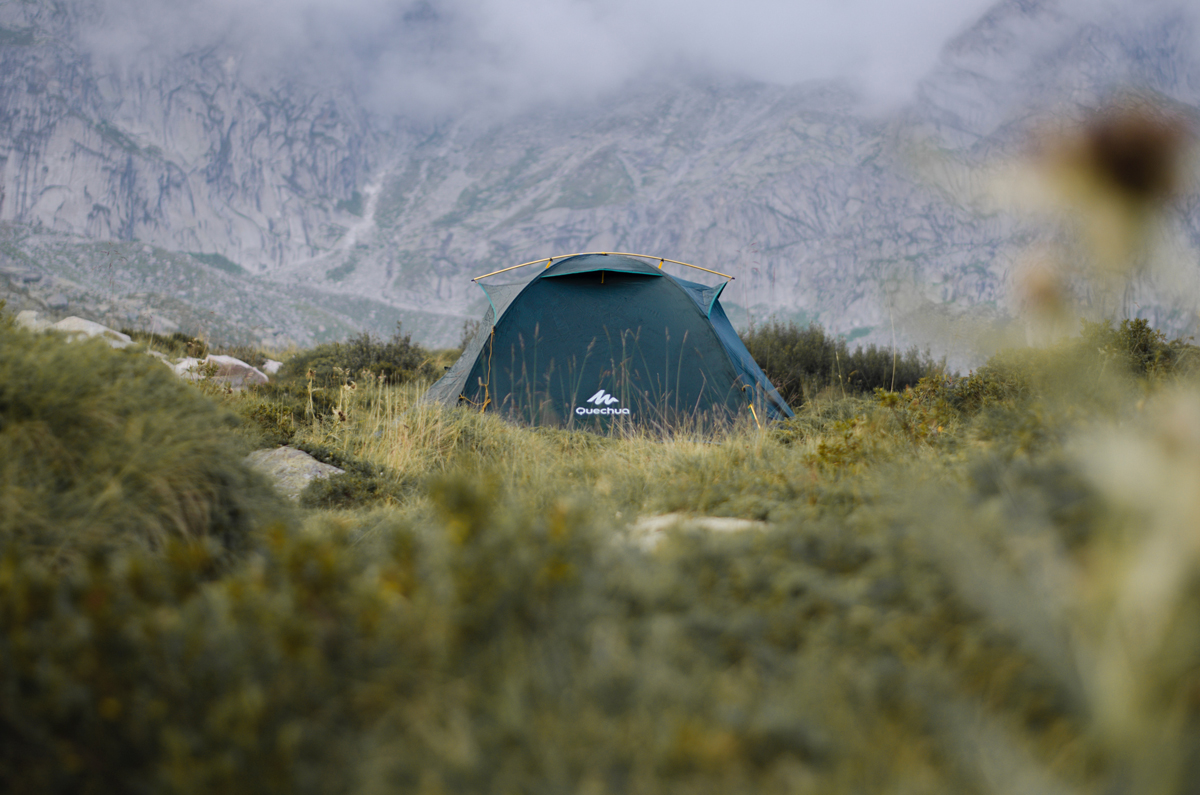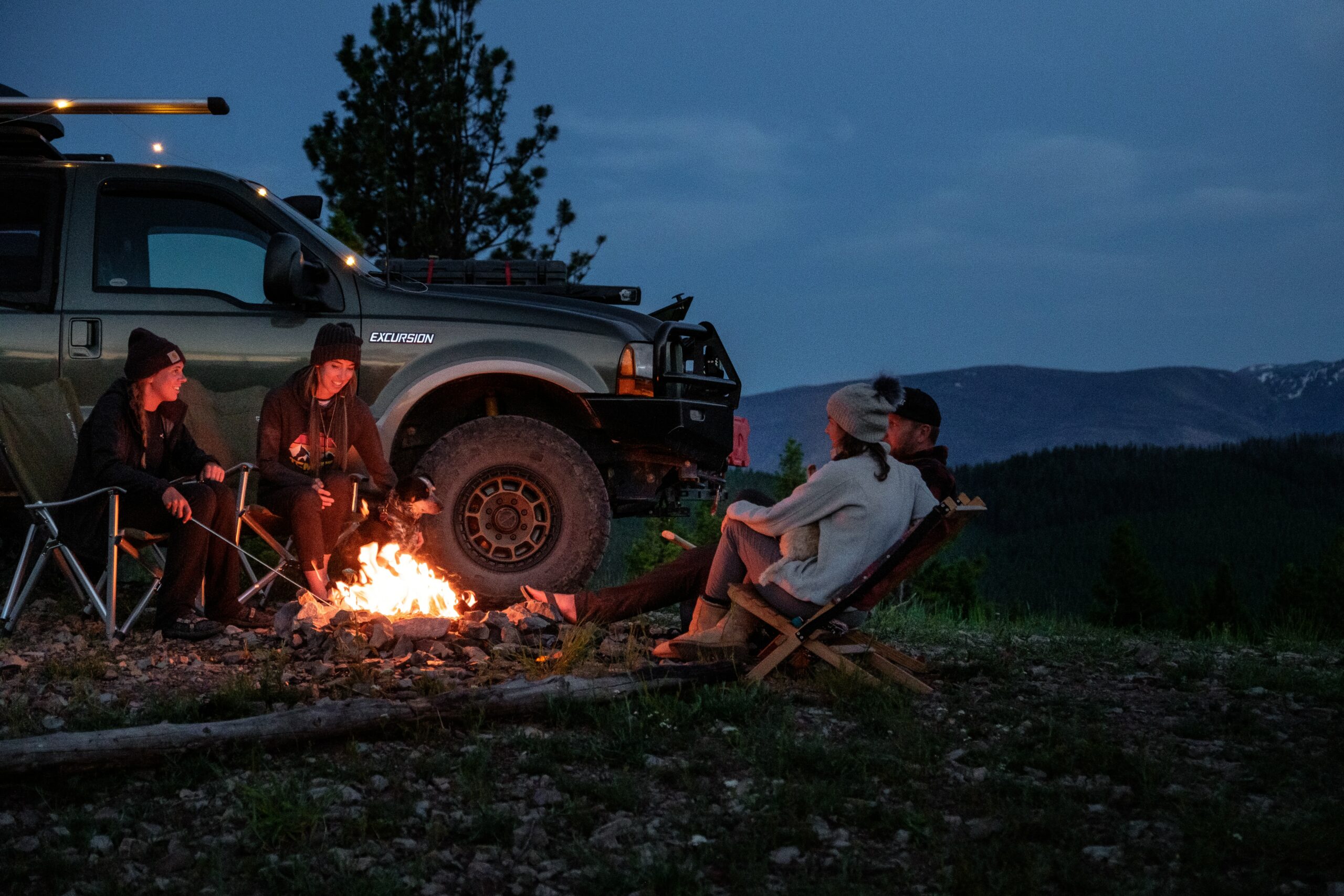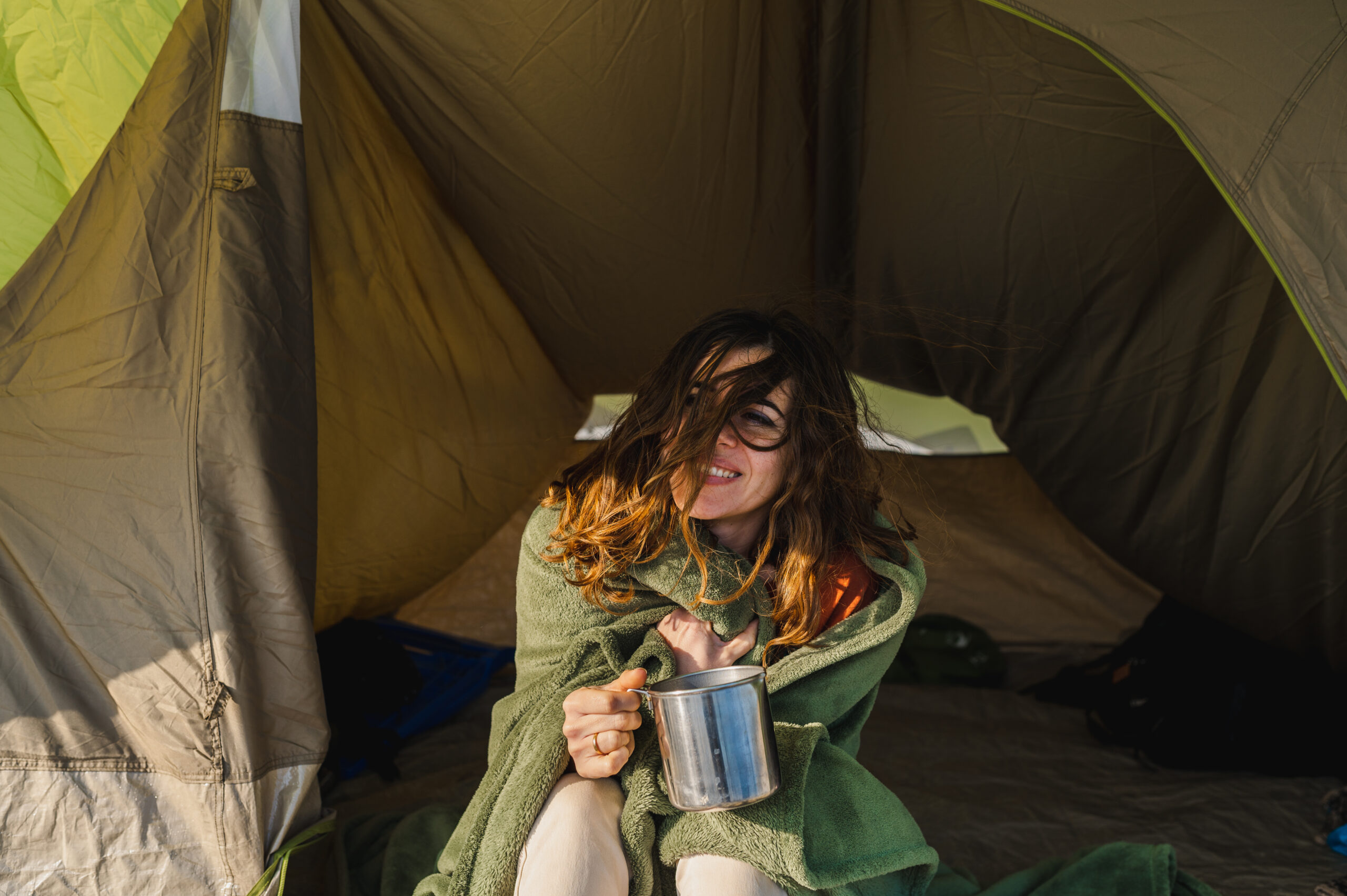Phone
+1-650-666-095
Contact E-mail
[email protected]
Address
16192 Coastal Hwy, Lewes, DE 19958-3608
The 15 Essentials for Car Camping You Need to Have
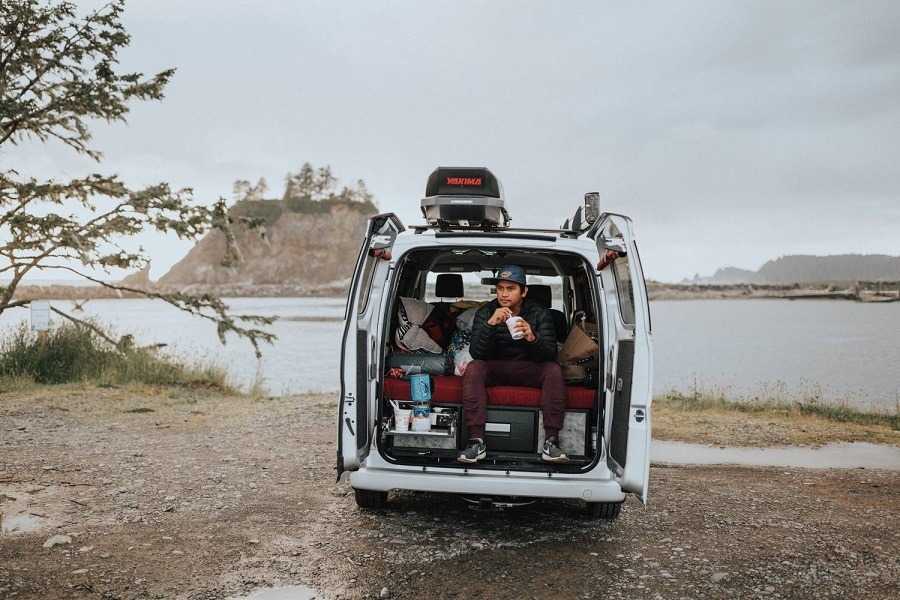

When you think of camping, your mind wanders to the scene of hikers spending the whole day trekking to the perfect site and then setting up with the minimal supplies they have in their backpacks. Car camping flips this notion and makes camping easier with your vehicle in tow.
The most common car camping type is driving your car directly to the site and using it as part of your camping setup. However, some prefer to camp strictly in their car and don’t bother setting up a tent.
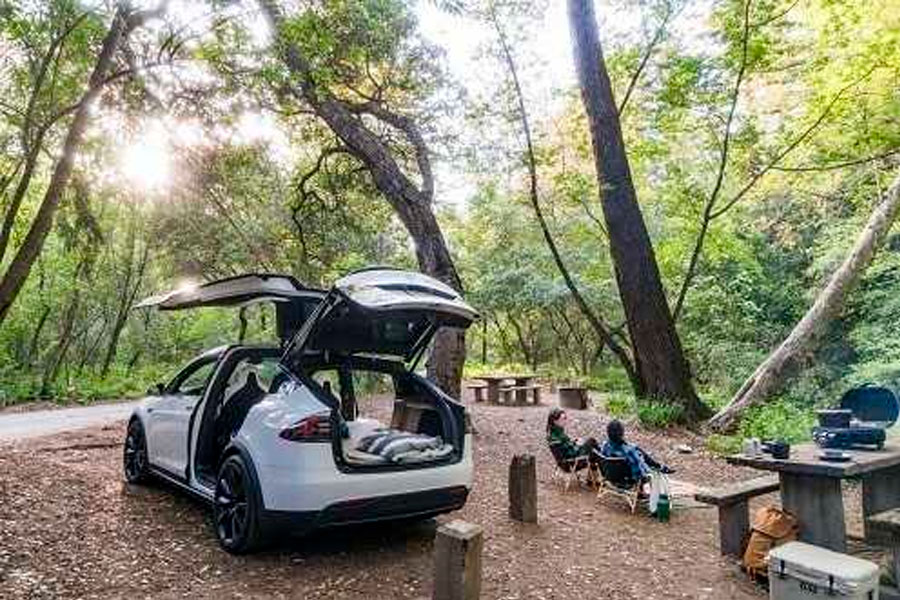

Whichever method you try, you need to be sure you’re prepared. Just because you’ll have your trusty car with you doesn’t mean there’s not much to check off your car camping checklist, so find out the details with this simple guide.
What is Car Camping?
This is a form of camping in which you use your vehicle, typically a car, as your base camp for storing gear. You do not sleep inside the car; you camp near the car and sleep inside your tent.
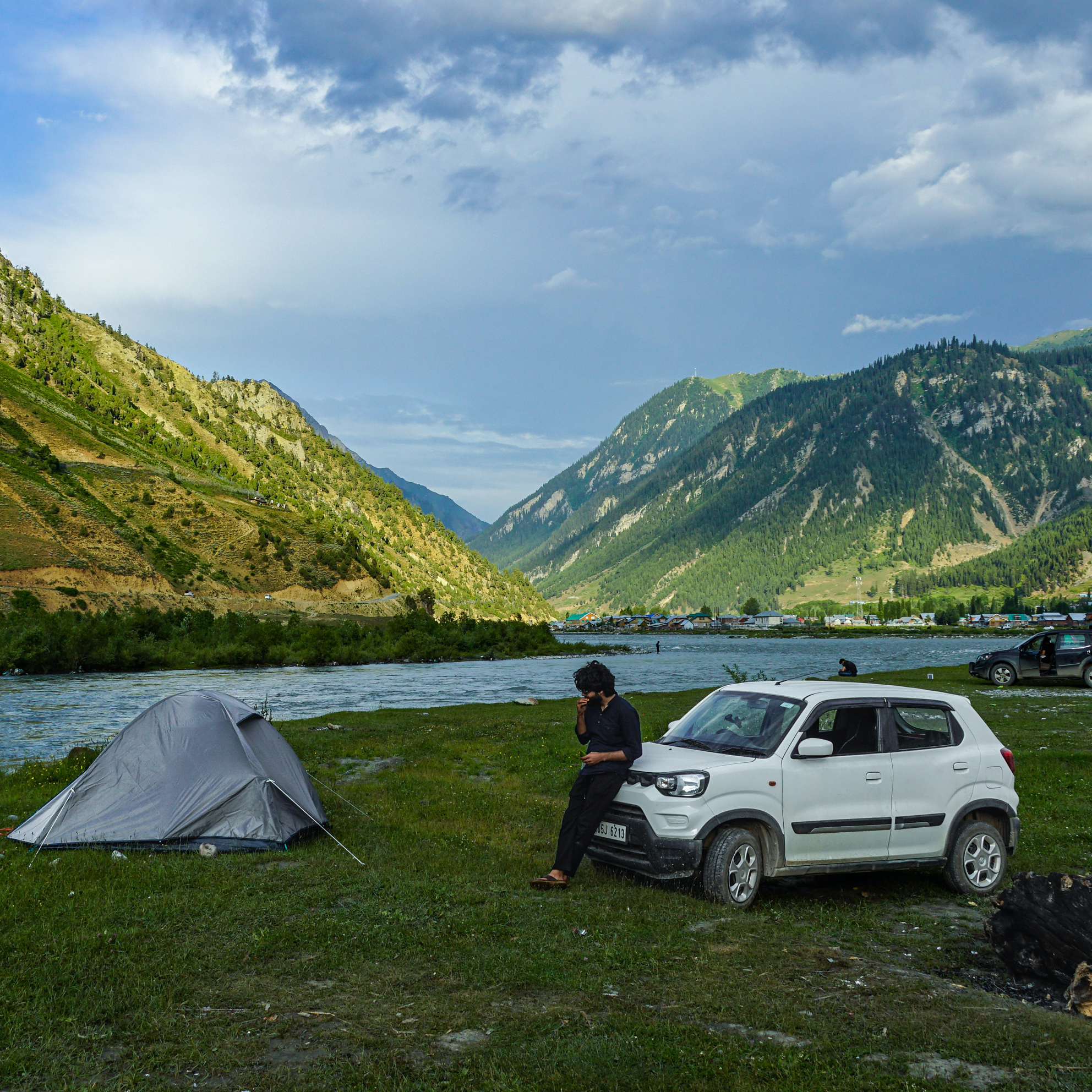

Unlike traditional camping, where you carry all your gear on your back and then hike to a remote campsite, car camping allows you to drive to a designated campsite or a spot in the wilderness where you can park your car and set up camp nearby.
This way, you can bring more gear and car camping essentials since you don’t have to worry about carrying everything.
How to make car camping comfortable? 8 Tips
These are a few essentials for car camping that will teach you how to make car camping comfortable:
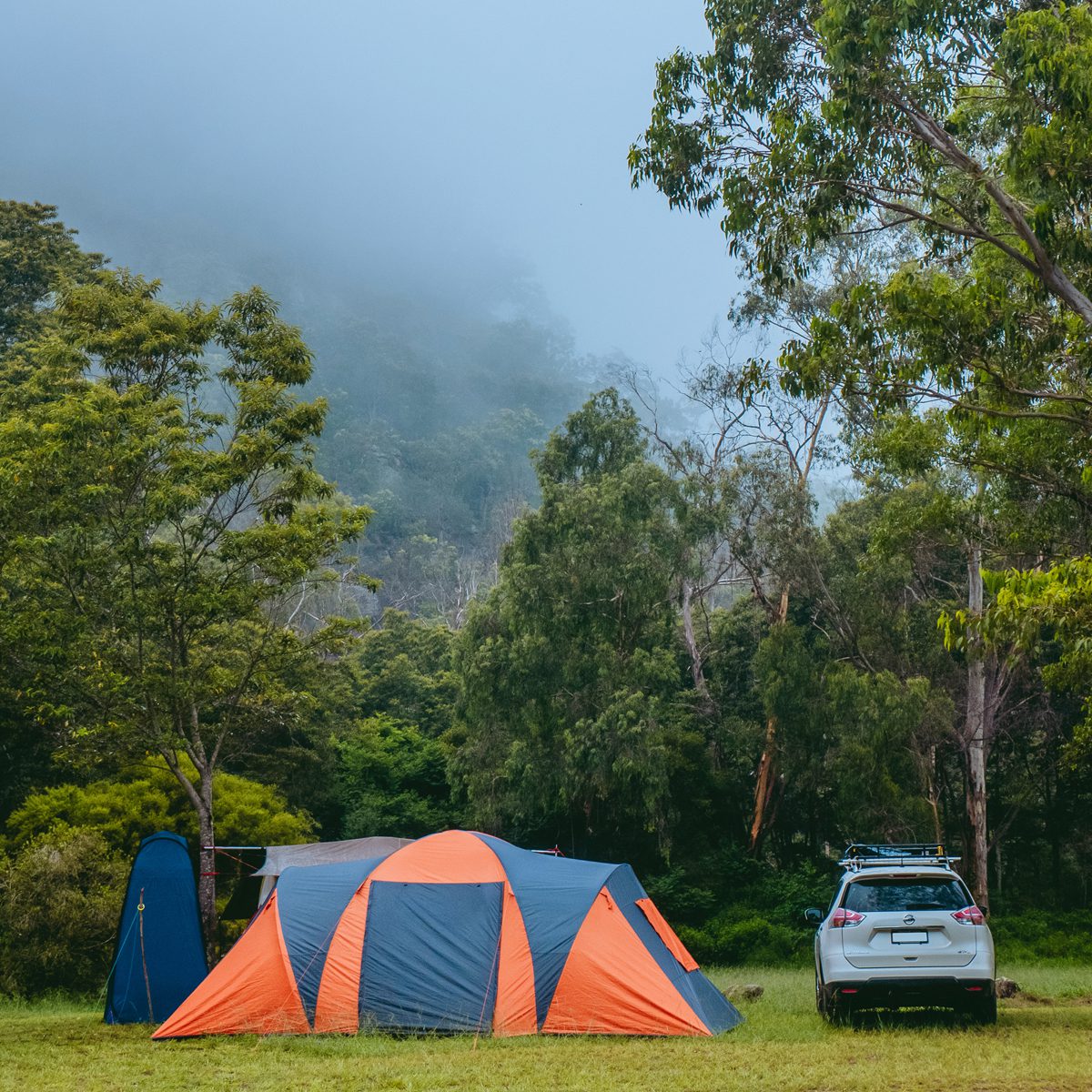

1. Research
Plan your route and camping destination. Research the weather, terrain, and local regulations. Also, make sure that you have all the necessary gear and permits.
2. Leave No Trace
It’s important to leave your campsite clean and trash-free. Bring trash bags and pack your waste to help preserve the area’s natural beauty for future campers.
3. Keep it Organized
With limited space in your vehicle, it’s important to keep your gear organized and easily accessible. Use storage containers, packing cubes, and gear bags to keep everything in its place.
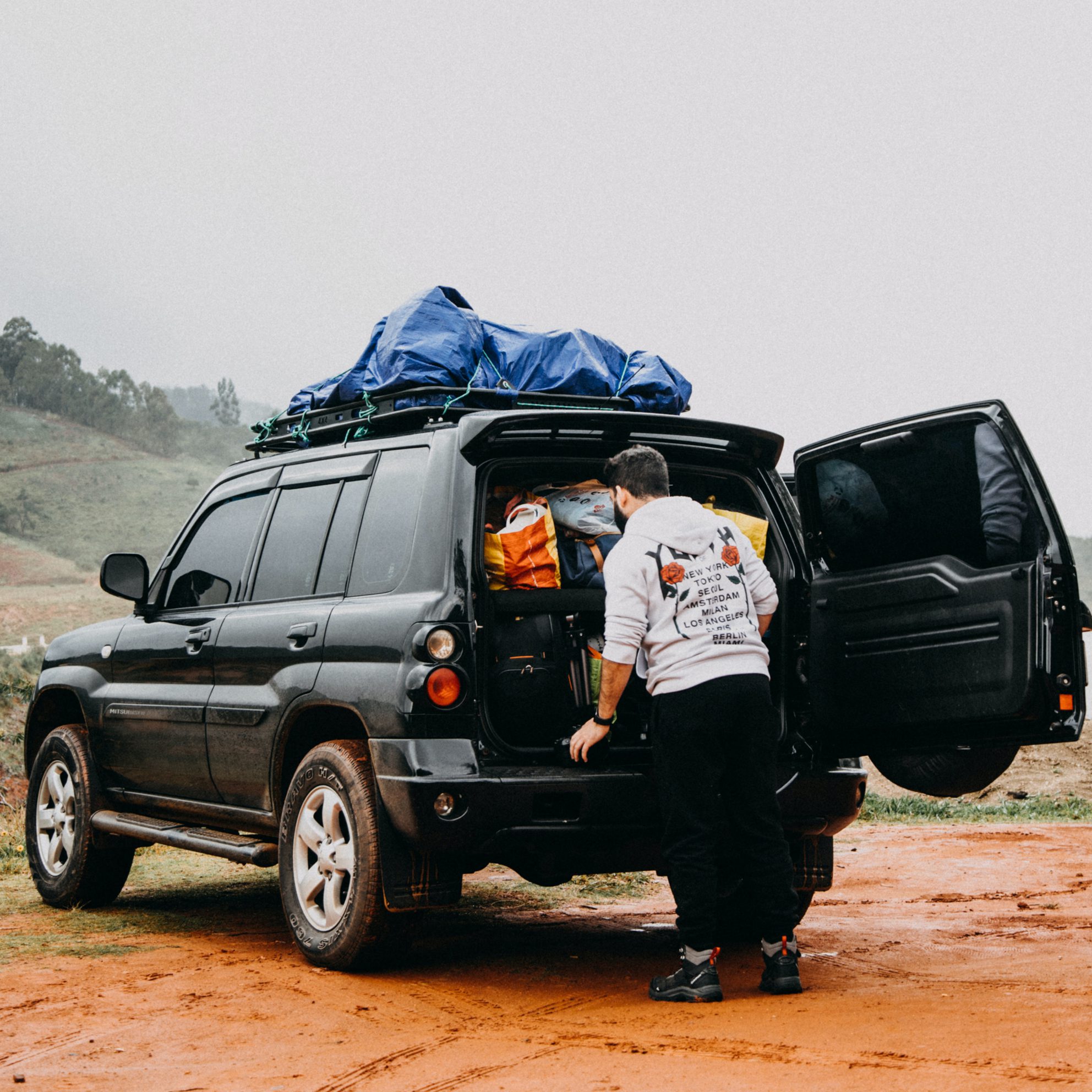

4. Test Your Gear
Before hitting the road, test all your gear and equipment to ensure everything is working. This includes your tent, sleeping gear, stove, and other essential equipment.
5. Bring Comfort Items
While camping is about returning to nature, bringing comfort items is okay to make your experience more enjoyable. Bring anything from a favorite book to a cozy blanket or pillow.
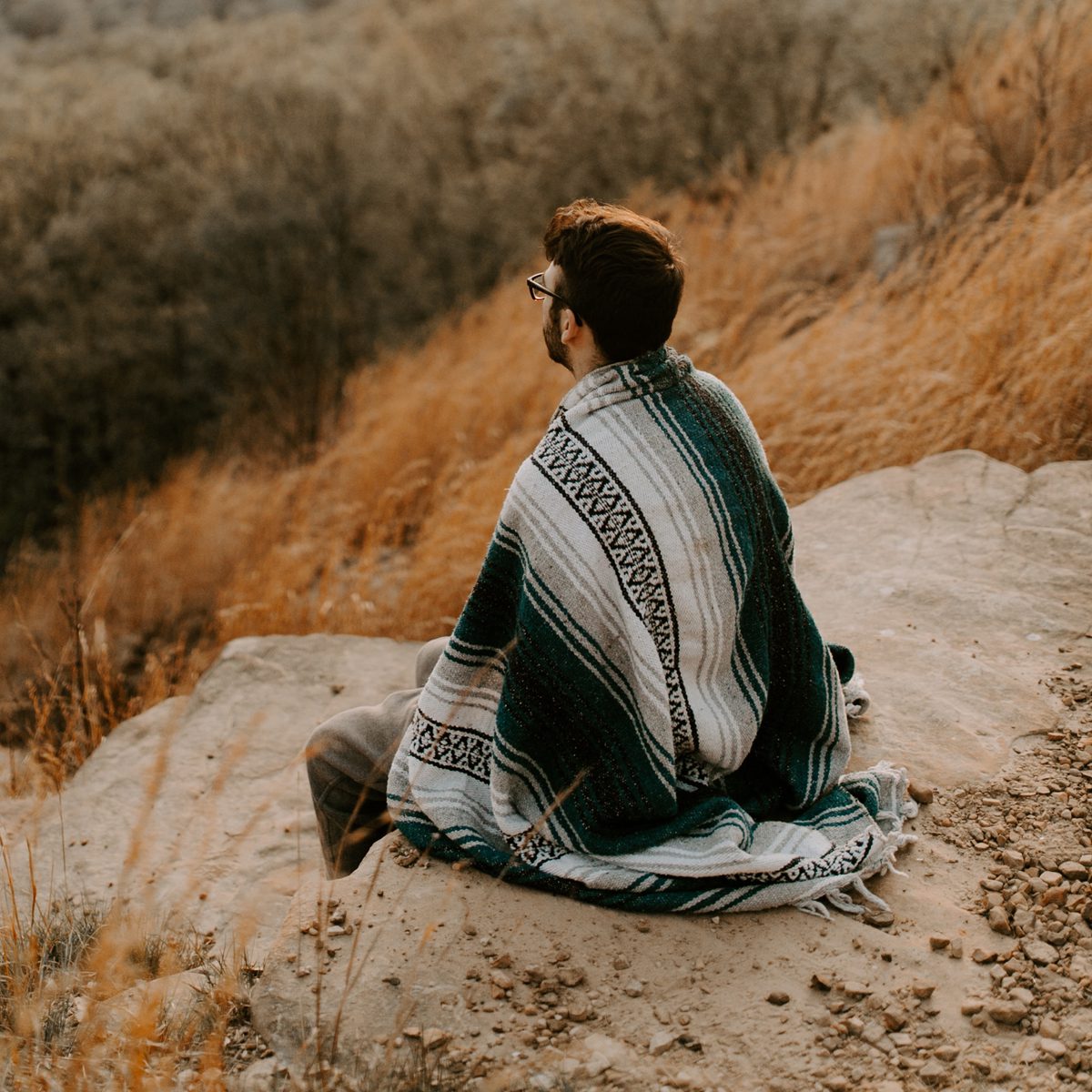

6. Check Local Regulations
Before you head out, check local regulations and obtain any necessary permits or reservations. This is how you can avoid surprises and ensure you follow the rules.
7. Stay Safe
When camping in a remote area, preparing for emergencies is important.
8. Have Fun
Car camping is about having fun and enjoying the great outdoors. Relax, explore, and make lasting memories with family and friends.
Essentials for Car Camping
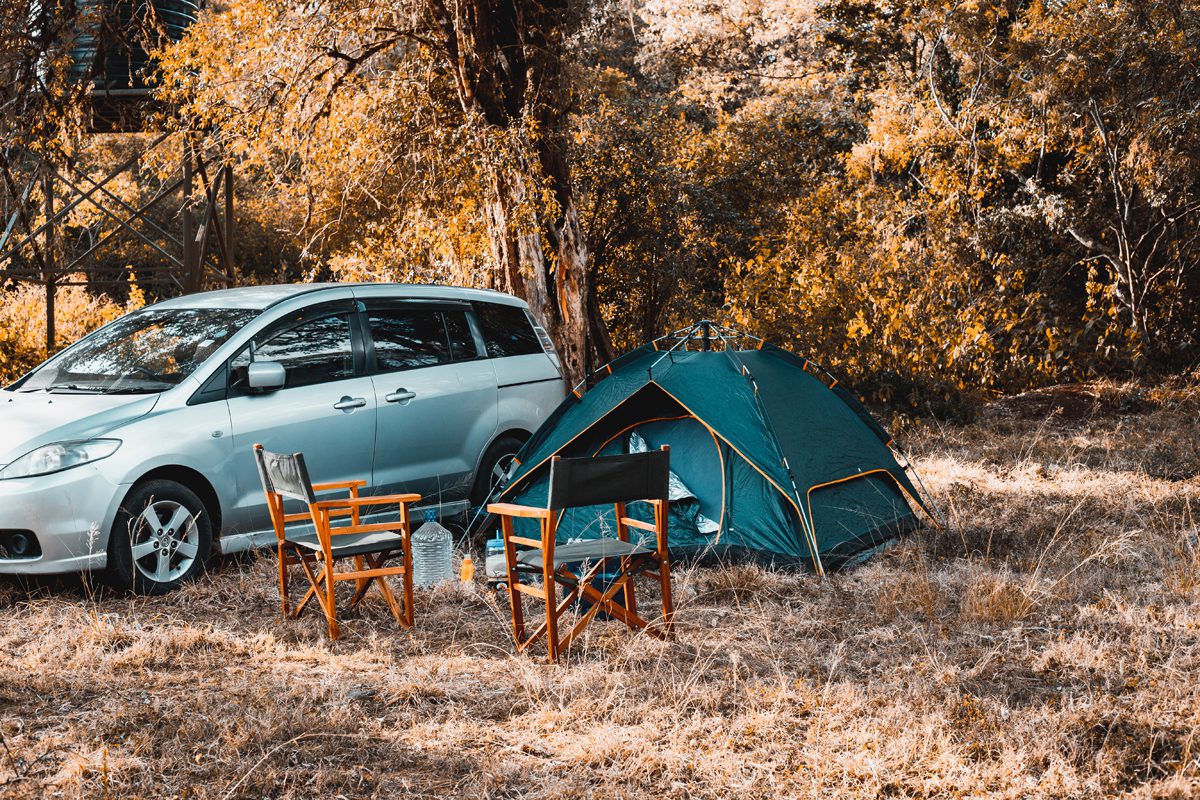

Ticking off your car camping essentials list will largely involve ensuring you have the right supplies. If you’re new to camping, it’s better to overpack when you have your car rather than reach your destination and find you’re missing some essentials. These are just some basics you’ll want for your next outdoor adventure, with the option and space to add more.
Comfort Basics for Camping Near a Car
1. Sleeping Pad
A sleeping pad is essential whether camping on the ground or in the car. Most quality brands are self-inflatable, such as the KAMUI Self-inflating Sleeping Pad. Its combination of foam and air core provides a balance of comfort and insulation while on your camping trip.
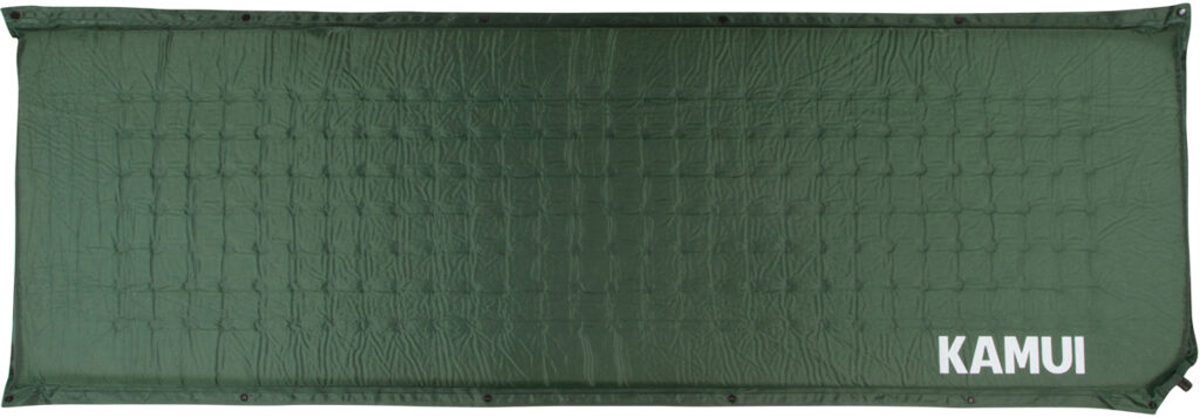

2. Sleeping Bag
Get yourself a comfortable bag designed for the weather conditions. Check the overnight temperature, as it can drop quite a bit in some places.
3. Tent
A quality tent is needed for those who would prefer not to sleep in their car and still experience camping in the great outdoors.
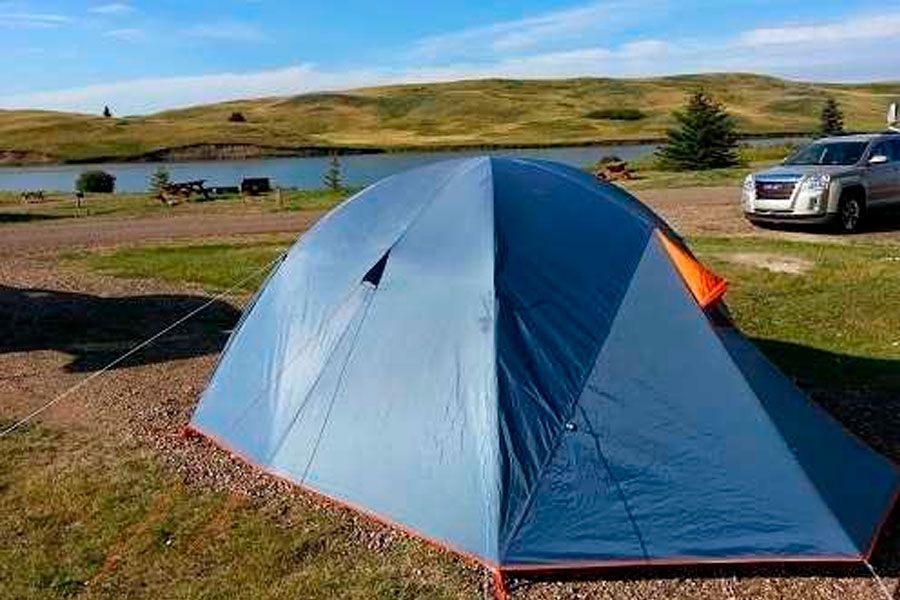

Cooking Supplies
4. Water
Bring enough for drinking, cooking, and cleaning. The amount will depend on your trip’s length and group size. As a general rule, plan to bring at least one gallon of water per person daily.
5. Food And Drink
The best thing about having your car handy is that you can take a little more along regarding food and drink. The amount will depend on your trip’s length and group size. Bring non-perishable foods that are easy to prepare and store, such as dehydrated foods, canned goods, dried fruits and nuts, jerky, granola bars, and instant oatmeal or noodles. You can also use that extra space in your car by bringing a few coolers and plastic buckets full of food.
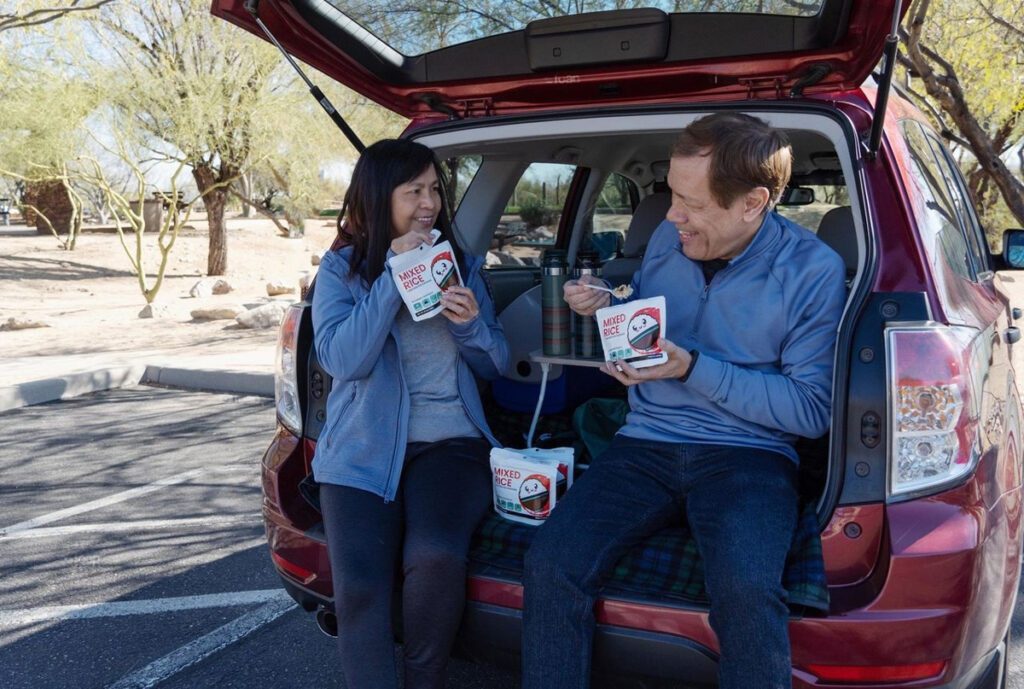

6. Stove
A small two-burner stove and fuel can be a lifesaver when you’re camping, and since you don’t have to carry it yourself, this is the perfect time to take it along.
7. Utensils
Bring plates, cups, utensils, and cooking pots and pans as needed. To reduce waste, consider using reusable, lightweight utensils and dishes.
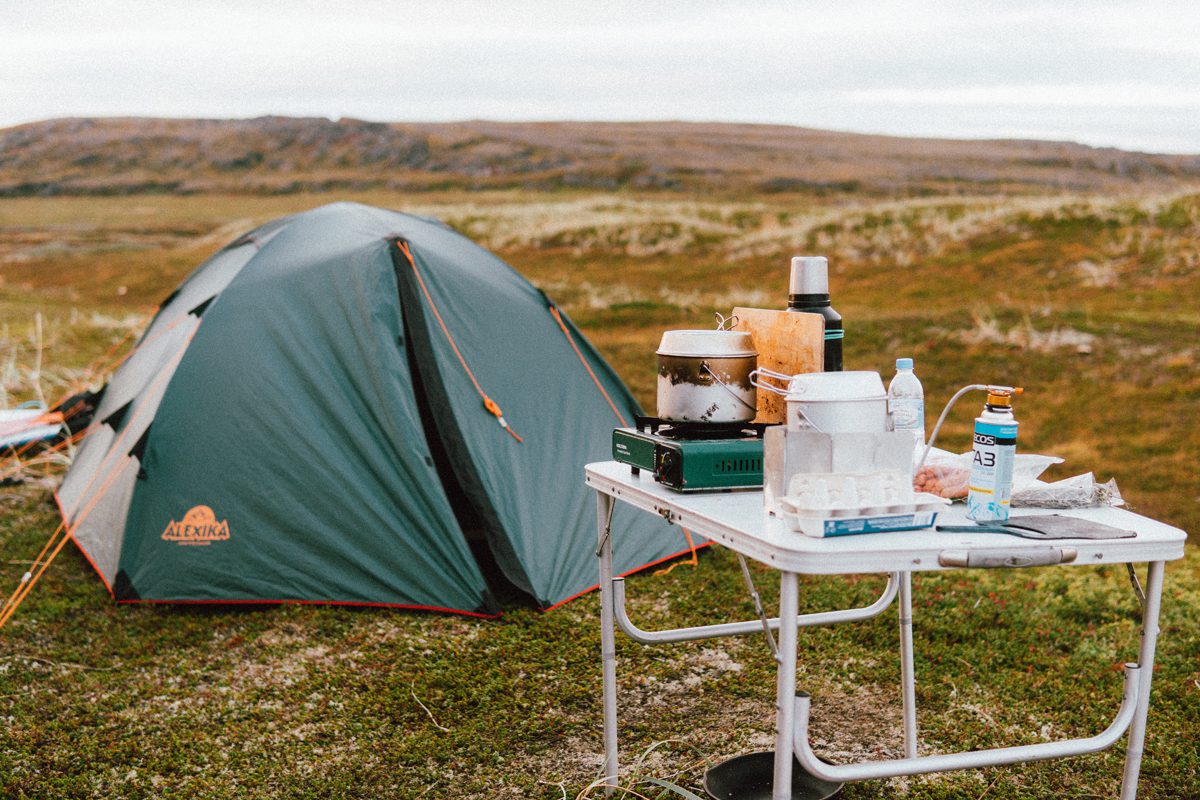

8. Cooler
If you are bringing perishable foods such as meat, cheese, and vegetables, bring a cooler to keep everything fresh.
9. Lighting
A reliable and bright flashlight or headlamp can help you navigate your campsite at night. Consider bringing extra batteries or a rechargeable power bank.
10. Trash Bags
Pack out all your trash to keep your campsite clean and litter-free!
Safety And Hygiene
11. First Aid Kit
Accidents can happen, so it’s important to have a first aid kit nearby. Include bandages, antiseptic, pain relievers, and prescription medications.
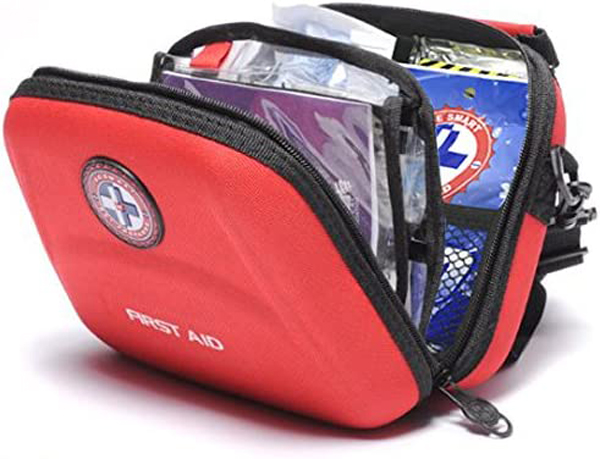

12. Personal Hygiene Items
Bring soap, toothbrushes, toothpaste, towels, and toilet paper. Bring a portable toilet and waste bags if you’re camping in an area without access to a restroom.
13. Sun Protection
If you plan to hike, bring sunscreen, sunglasses, and a hat to protect yourself from the sun. Also, bring appropriate footwear and clothing to protect yourself from the elements.
14. Navigation
A map, compass, and GPS device can help you navigate to and from your campsite and explore the surrounding area.


15. Clothing
The type of clothing would depend on the weather. However, since outdoor weather can be unpredictable, having extra clothes for unexpected temperature drops should be considered. Since you have the luxury of having space in your car, pack a variety of clothing options to keep you prepared for whatever weather conditions during your camping trip.
Benefits of Car Camping
So, why would anyone bring their car along on a camping trip? It’s pretty easy to see when you consider all the benefits of car camping, especially for those who don’t want to rough it.
1. Cheaper
If you plan to camp outdoors, you don’t need to purchase fancy camping gear. You can get away with the basics, such as a sleeping bag, sleeping pad, and tent.
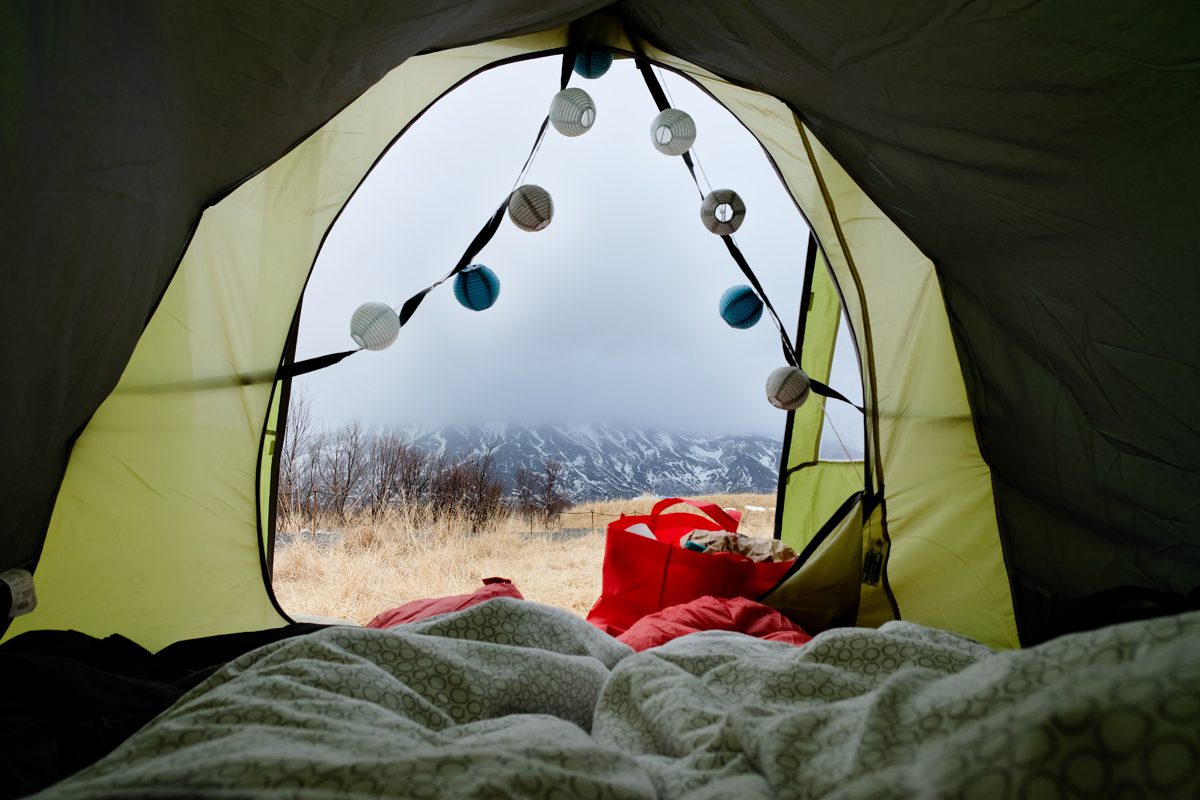

2. Greater Access
Having a car means you can reach places other campers might not be able to. You also have the option to park somewhere and hike a little further, giving you the best of both worlds.
3. More Room
Most campers will have to fit everything they need in a backpack, but when you bring your vehicle along, you have loads more room to pack than just the basics.
4. Less Effort
If hiking to your camping spot or carrying all your supplies sounds like a chore, car camping might be your style.
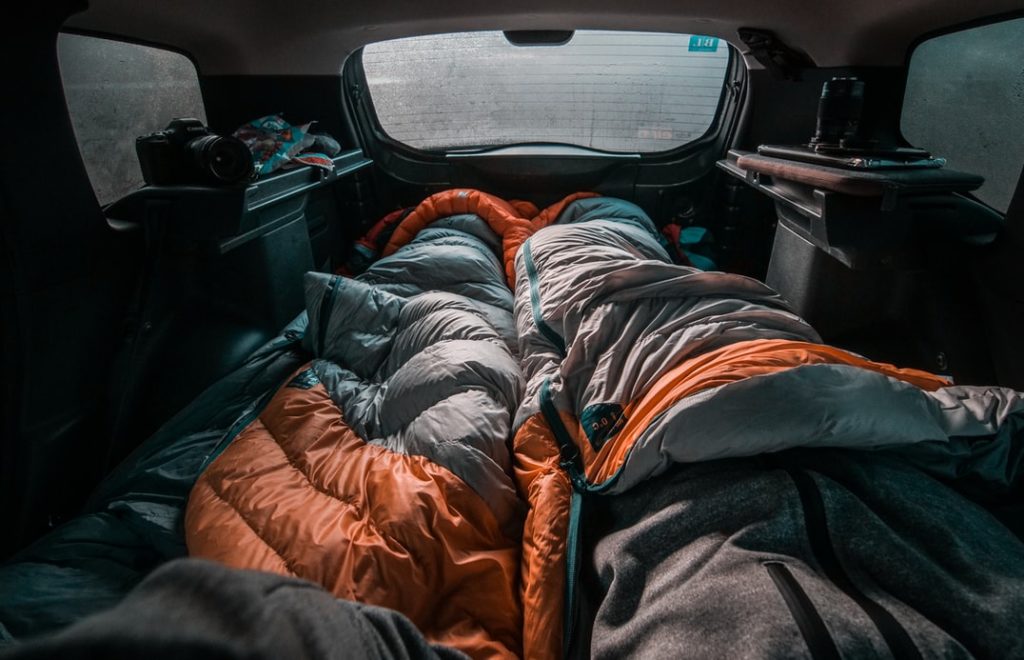

5. Stay On The Grid
Some people might feel uncomfortable in the middle of nowhere without any means of contact or transport, and car camping takes care of all of this for you.
Car Camping Sites
Now that you know how to camp, it is time to learn where to camp. Some apps, including Hipcamp and AllStays, can help you find potential sites where it’s safe and okay to camp with your vehicle. Many free spots in the country don’t require paying; you just need to research first.
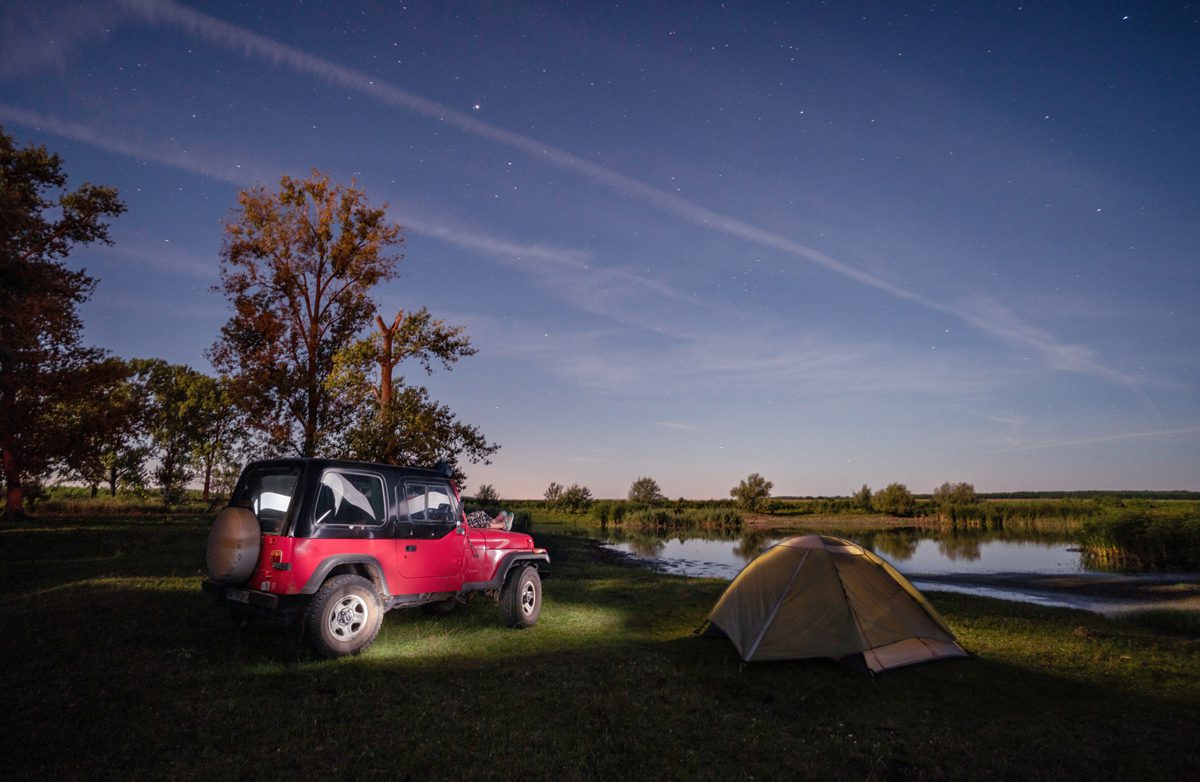

These are my favorite campsites where you can car camp:
1. Upper Pines Campground
Located in the heart of Yosemite Valley, this campground offers over 200 campsites suitable for car camping. The site is surrounded by beautiful views of Yosemite’s iconic rock formations and waterfalls.
2. Mather Campground
This campground is located near the Grand Canyon and offers over 300 car camping spots. Visitors can enjoy breathtaking views of the canyon and participate in ranger-led activities.
3. Bridge Bay Campground
This large campground is situated on the shores of Yellowstone Lake and offers over 400 car camping sites. Visitors can enjoy fishing, boating, and hiking in the area.
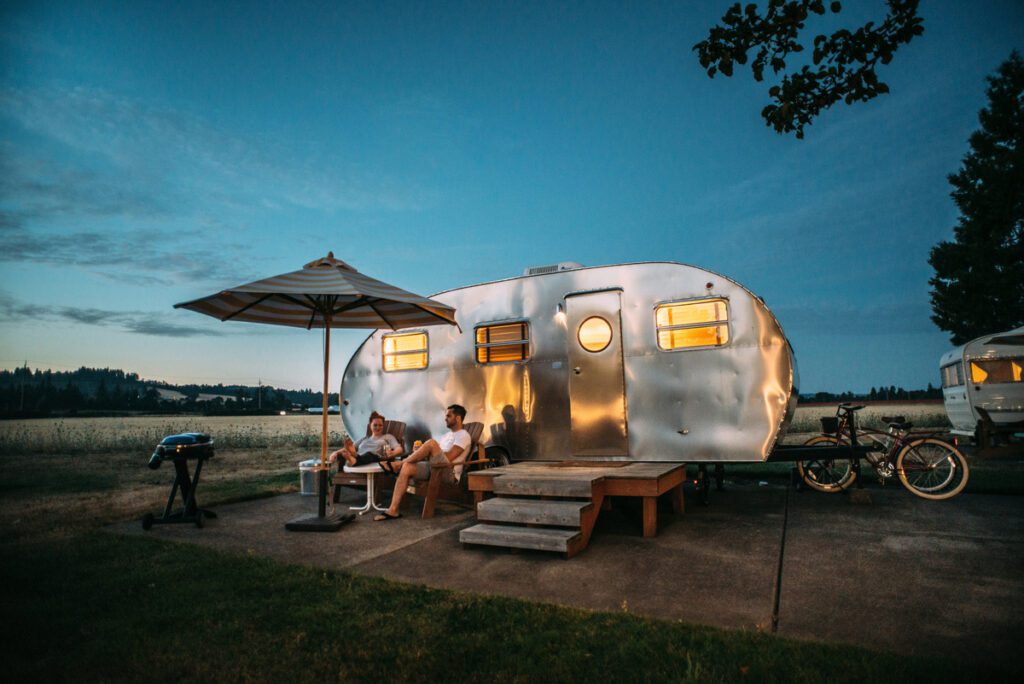

4. Blackwoods Campground
This campground is located on Mount Desert Island and offers over 300 campsites for car camping. Visitors can enjoy hiking, biking, and wildlife watching in the area.
5. Many Glacier Campgrounds
This campground is located in the heart of Glacier National Park and offers over 100 campsites for car camping. Visitors can enjoy hiking, fishing, boating in the area and view the park’s famous glaciers.
A Simpler Way To Enjoy The Great Outdoors
Camping used to require a lot of work and involved lugging your belongings for miles before you found the perfect spot. Although some purists will tell you otherwise, bringing your car along is perfectly doable if it improves your camping experience.
Like any other camping style, you have the right car camping essentials. However, the beauty of having your vehicle handy means you can overpack for safety and have a more luxurious experience in nature.
Resources:


